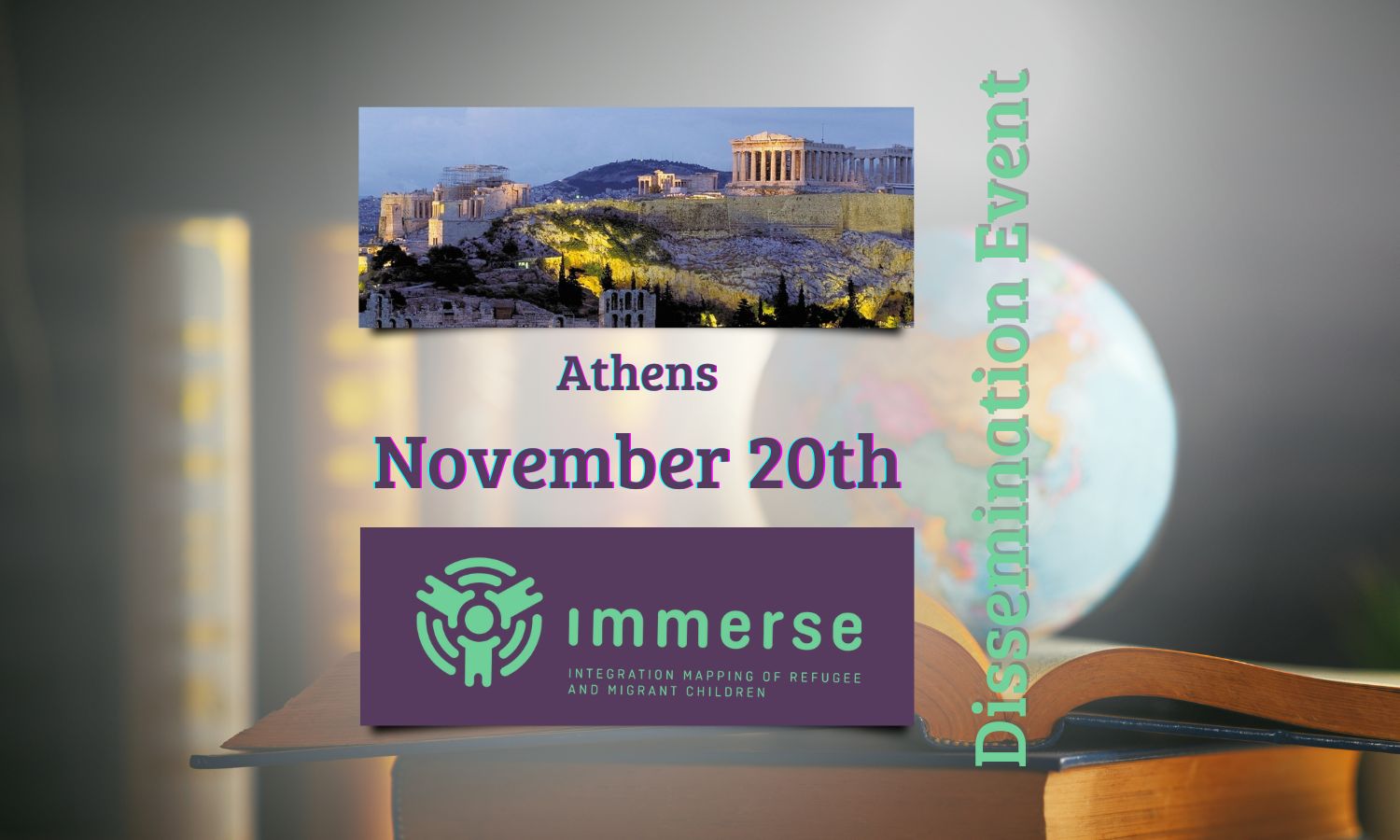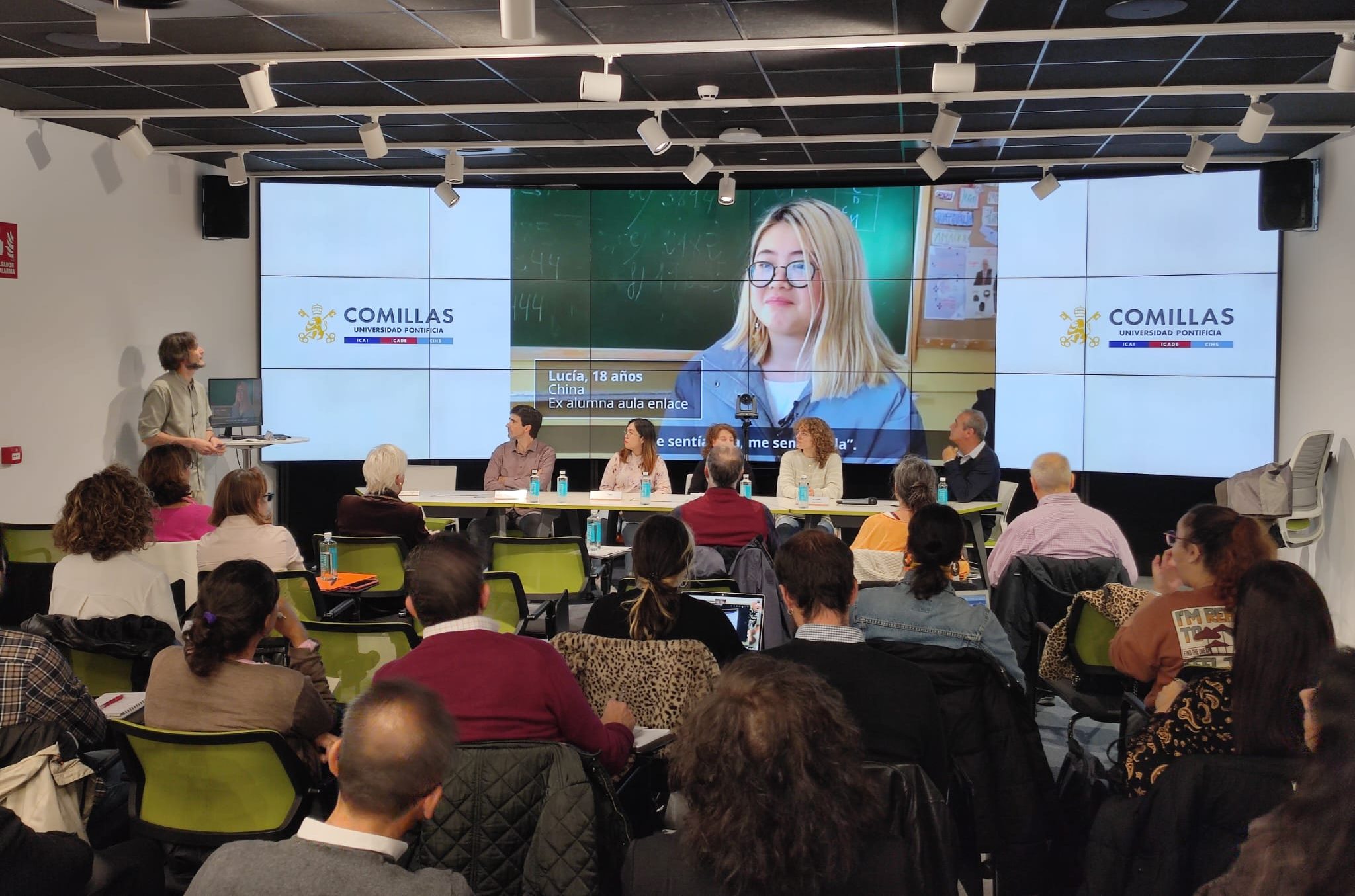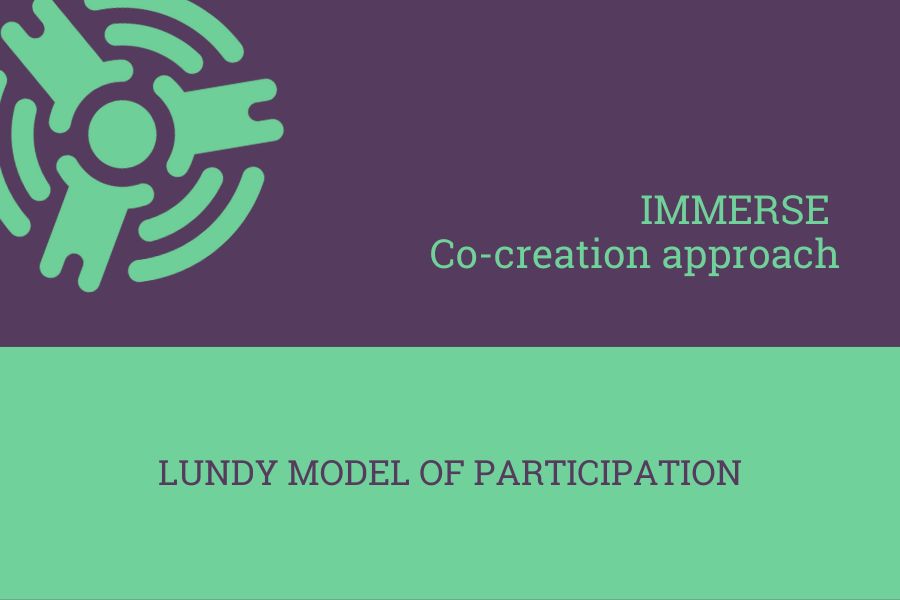Description
The project was created out of the need to implement Restorative Practices within schools in a more sustainable way. Students and teachers work best in an environment in which they feel safe, supported and accepted. In addition, environments that have strong school climates foster the social, emotional, and academic well-being of all students. A healthy community with strong relationships is a conditio sine qua non for schools that want to tackle today and tomorrow’s challenges in an innovative and sustainable way. Restorative approaches give people more voice, more choice and more responsibility, realizing a shift in the organizational culture, as demonstrated by growing evidence of positive outcomes from restorative programmes in schools, such as reduced exclusion rates and incidents of bullying, improved learning outcomes etc. The project was implemented from 01-09-2017 until 31-08-2020 in UK, France, Belgium, the Netherlands, Malta and Romania. The Coordinator of the project was Ligand (based in Belgium) and the consortium consisted of International Institute for Restorative Practices, Le Souffle, Mairie de Lille, CRESM – Centro Ricerche Economiche e Sociali per il Meridione, ASOCIATIA DE DEZVOLTARE INTERCOMUNITARA ZONA METROPOLITANA – CLUJ and Eigen Kracht Centrale. It was a three-year Erasmus+ project granted by the European Commission.
- Access to compulsory education
- Children complete compulsory education
- Children maintain their cultural identity while adopting new cultural values and intercultural competences
- Children remain in (formal) education beyond compulsory levels / Access to (formal) non-compulsory education
- Children's academic skills
- Children's life satisfaction / happiness
- Children's sense of belonging
- Friends and peers (bridges)
- Friends and peers (support)
- Institutions
- Teachers
Evaluation ex post
Evaluation is not available. More information might be available on demand:
Oranjehuis
Moorseelestraat 146
8501
HEULE
Prov. West-Vlaanderen
http://vzw-oranjehuis.be/
Projects’ deliverables
Deliverables are available at the following link.
https://ec.europa.eu/programmes/erasmus-plus/projects/eplus-project-details/#project/2017-1-BE02-KA201-034795
Reproducibility
RESTORE is a 36 month project whose ambition is to assist primary and secondary schools to become restorative organisations through developing, experimenting and evaluating a generic program and a coaching framework that can be reproduced in interested schools all over Europe. The project has produced a toolkit to widely disseminate the model and method (see link below).
https://www.restore-project.eu/deliverables/
Motivation for the submission
This project is relevant to the IMMERSE project because its goal is to build schools where the culture, the tone, the atmosphere are warm and supportive. Students and teachers deserve to live and work in an environment in which they feel safe. This way they can become the best version of themselves. The project offers schools effective tools in dealing with conflict on all levels of the school (students, class groups, team of teachers, parents, …).



